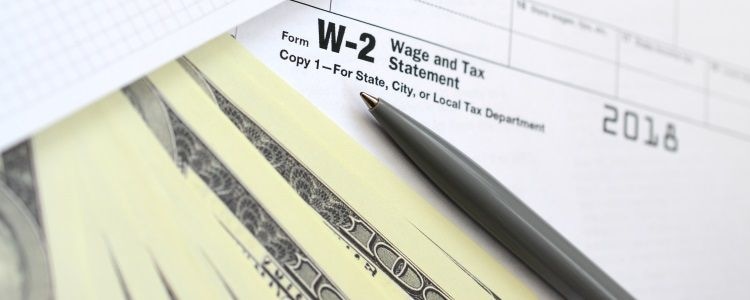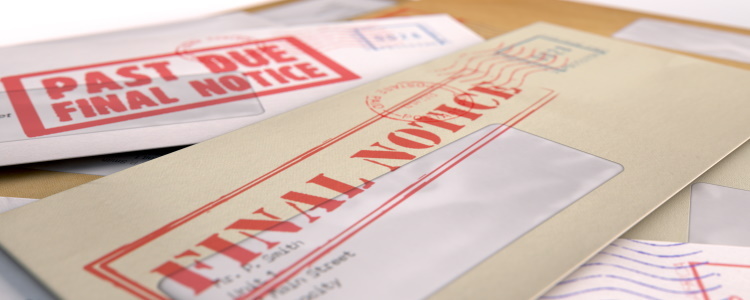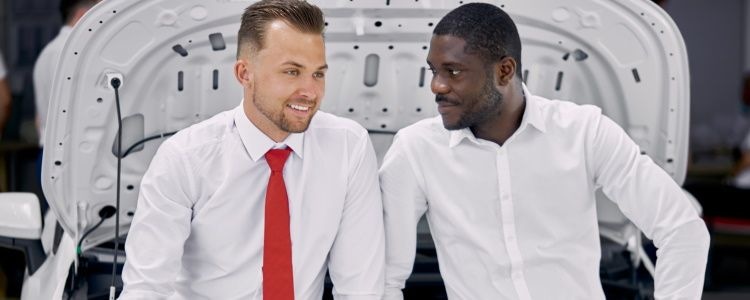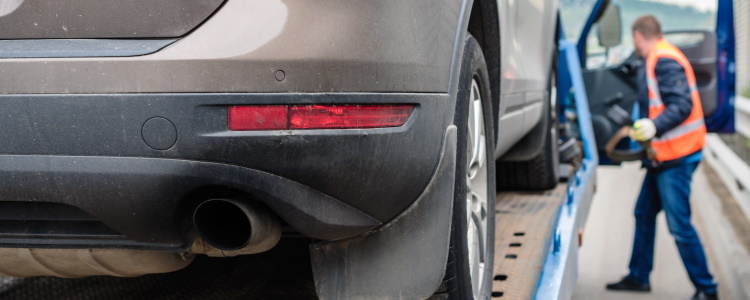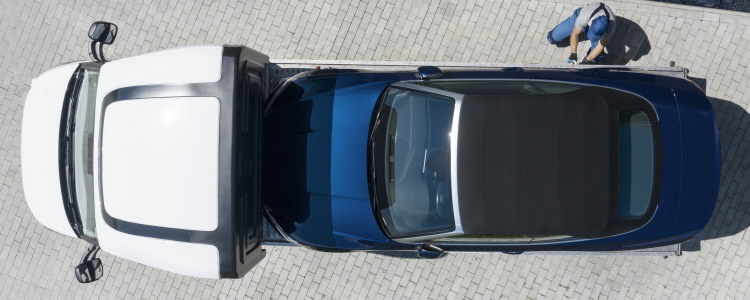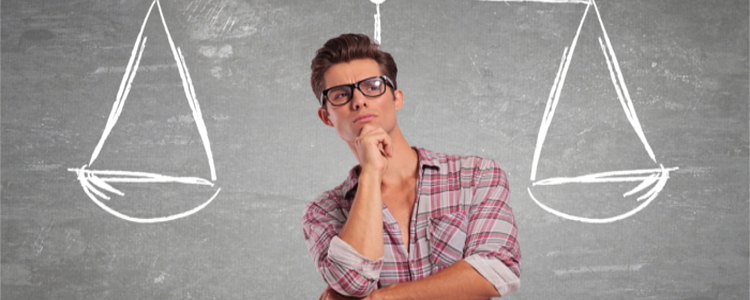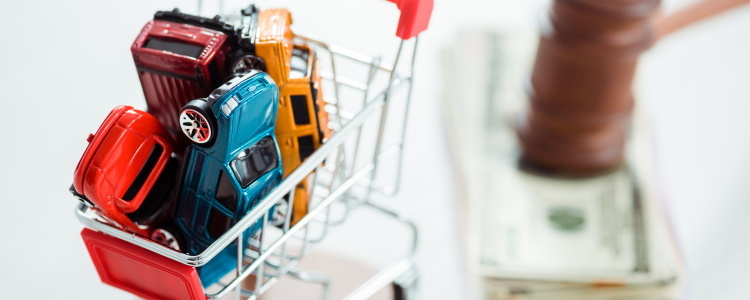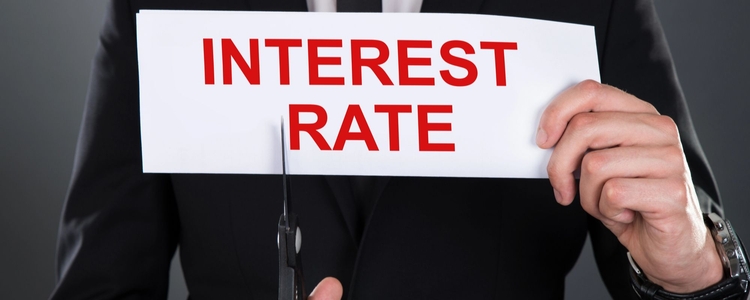After your vehicle is repossessed, it’s usually readied for auction. Once it’s sold, the lender takes the profit from the sale and puts it toward the remaining balance of your car loan. But if that loan balance is more than what the sale yields, it becomes a deficiency balance, and you’re responsible for paying it.
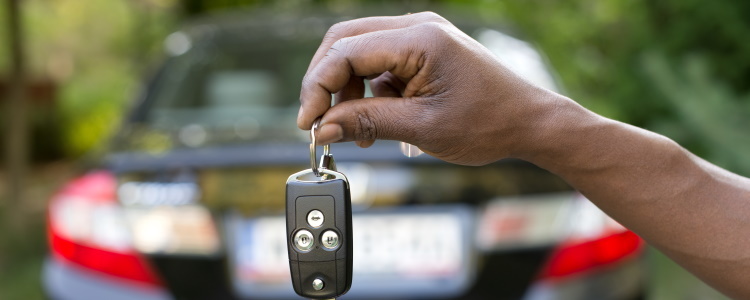
What if I Can’t Pay the Deficiency Balance After a Repo?
Can’t Pay the Deficiency Balance?
The lender is likely to contact you right away about how much you owe, and when you’re required to pay it by. If you refuse to or can’t, the lender can still attempt to collect the debt from you.
If you don’t set up something with the lender or pay it in full, they could sue you for the balance. This can lead to a judgment that garnishes your wages, or even taking funds directly from your bank account to pay the balance.
We have a few solutions that you can explore if you’re unable to pay for the deficiency balance with one lump sum:
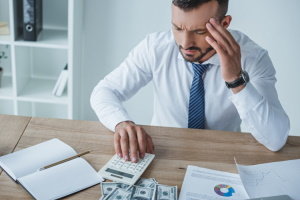 Talk with the lender – Your first step should be to consider working out something with your lender. They may be willing to arrange a payment agreement to resolve the balance. This can involve setting up automatic payments with them, or having you sign a legal agreement (similar to a loan contract) that says you agree to pay it in installments.
Talk with the lender – Your first step should be to consider working out something with your lender. They may be willing to arrange a payment agreement to resolve the balance. This can involve setting up automatic payments with them, or having you sign a legal agreement (similar to a loan contract) that says you agree to pay it in installments.- Get another loan – If you and the lender can’t come to an agreement, it may be worth your time to get a loan for the deficiency balance. This can involve getting a personal loan from a direct lender that can pay your past auto lender, then repaying the direct lender in installments. This way, they're paid off and you can repay the new loan in installments.
- Settle the balance – Some car lenders may be willing to settle the deficiency balance for a percentage of what you owe. This usually involves proving you're having financial hardship, according to the legal website Nolo.com. Financial hardship could include proof that you’re: laid off, disabled, unemployed, or providing check stubs showing you can’t pay the full amount. If the lender agrees to a settlement, it’s likely you need to pay the agreed settlement amount in full, typically within a few weeks.
- File for bankruptcy – Vehicles are expensive, and a deficiency balance could be in the thousands. If yours is overwhelmingly large, and none of the above options are available to you, it may be worth it to consider bankruptcy. In personal bankruptcy, you may be able to discharge repossession-related expenses, including a deficiency balance. However, while filing for bankruptcy has benefits and can allow you to come out the other side with a clean slate, it has serious consequences on your credit and borrowing power in the near future.
Getting Another Car After a Repossession
Repaying the deficiency balance may be only one of your worries – your car was repossessed and you may need another vehicle right now.
Getting into an auto loan immediately after a repossession can be difficult. Some lenders won't approve borrowers with a repossession on their credit reports, and a repo can seriously lower your credit score. However, you have two options to look into.
In-house financing dealerships are likely your best bet for a car loan right after a repo. These dealers are also lenders, and many don’t pull your credit reports for loan consideration.
Special finance dealerships are signed up with subprime lenders who typically consider borrowers for financing once a repo is over a year old. These lenders consider more than just your credit score, and report their loans to the credit bureaus giving you a shot at credit repair.
Finding a Dealership Near You
Finding a dealer that can accompany you on your journey to another auto loan and credit repair doesn’t have to be a hassle. Here at Auto Credit Express, we’ve created a way for bad credit borrowers to get connected to the resources they need for their next car loan.
To get matched to a dealership in your local area that assists in tough credit situations, such as a repo, fill out our free auto loan request form.

Senior Auto Financing Editor
Suggested Posts For You
Receive Free Updates
Get the latest credit tips, resources and advice delivered straight to your inbox.

